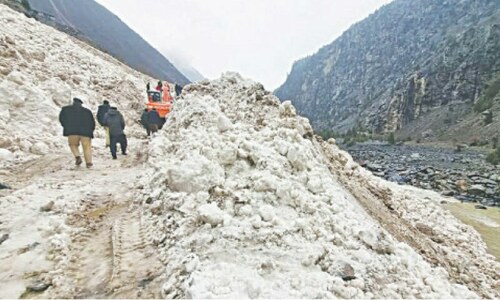NEW DELHI The death of more than 120 people from drinking illicit liquor in western India has highlighted a backyard industry that thrives on supplying cheap, sometimes lethally toxic brews to the poor.
The victims of the latest case, in Gujarat state, were mostly labourers who had purchased small plastic pouches of illegally brewed moonshine for as little as two cents each.
Within hours of drinking the concoction, they began exhibiting symptoms of poisoning including severe stomach cramps, vomiting and blurred vision.
Within days, 122 people had died and nearly 200 more were being treated in hospital.
“The drink was pure poison,” says Abhay Chudasama, a senior police officer in the state capital Ahmedabad.
The licensed brewing of “desi daru”, or country liquor, has a long history in India with strong alcoholic drinks being made from everything from molasses, palm tree sap and cashew nuts to mashed citrus fruits.
The illicit, and much cheaper versions of the same alcohol, are made with small stills in unhygienic conditions, and often using lethal ingredients.
Cases of poisoning are quite common and the real danger, according to police and health workers, arises when the home brewers try to up the potency by mixing in chemicals like methanol and in some cases even battery acid.
Contaminated water and rotting vegetables — introduced to speed up fermentation — can also result in a deadly final cocktail.
The authorities in Gujarat have ordered an immediate probe into the most recent case, but critics say cracking down on backyard stills is largely ineffective.
According to Maxwell Pereira, a former joint commissioner of the Delhi police, most arrested bootleggers find it easy to procure release orders from lower courts and quickly go back to plying their illegal trade.
“It is a shame. Poor Indians live in unhygienic conditions, eat rotten food and die by drinking poisonous liquor,” Pereira said.
“It is only when such incidents happen... that the police wake up to arrest a few, only for them to be released again soon,” he added.
The Gujarat deaths triggered protests in Ahmedabad, with residents accusing the police and politicians of turning a blind eye to bootleggers — or in some cases even working with them.
“The police told me to hide the fact that my son died after drinking poisonous alcohol,” Velaram Sawai, a father of one of the victims, told the NDTV news channel.—AFP












































